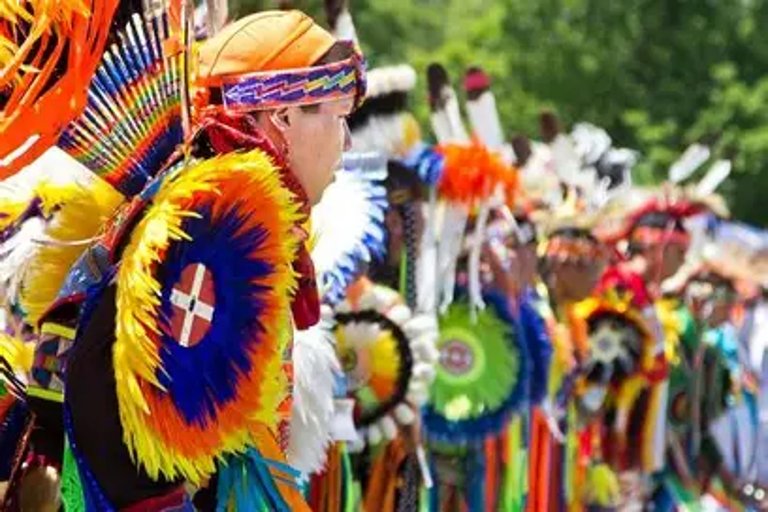Local elementary school pilots Indigenous language immersion program
A school in North York has introduced Ojibwe immersion classes as part of a broader curriculum to foster Indigenous cultural understanding.
Published on: June 27, 2025 at 03:21 | By The Daily Boreal Editorial Team

A North York elementary school has launched an innovative pilot program offering Ojibwe language immersion to students in Grades 1 through 3. The initiative, one of the first of its kind in Toronto, aims to promote Indigenous language revitalization and cultural understanding in early education.
The program, introduced at Glenwood Elementary School, is a collaboration between the Toronto District School Board (TDSB), local Indigenous educators, and community elders. Students spend half their school day learning core subjects in Ojibwe, with lessons rooted in Indigenous values and storytelling traditions.
Principal Andrea Kelly says the goal is not only to teach a language, but to foster respect and connection to Indigenous heritage. “Our school community is proud to lead this effort in reconciliation through education,” she stated.
The immersion model mirrors approaches used in French-language education, with dedicated Ojibwe-speaking teachers and culturally adapted curricula. Students also participate in land-based learning activities, such as nature walks, traditional crafts, and seasonal ceremonies.
Parents of participating students have expressed strong support. One parent, whose child is part Anishinaabe, said, “This program is a chance for my son to grow up connected to his culture and proud of who he is.”
The pilot is part of a broader TDSB initiative to integrate Indigenous knowledge into school environments, following recommendations from the Truth and Reconciliation Commission. It aligns with Ontario’s Indigenous Education Strategy, which prioritizes language retention and community engagement.
Elders from the local Indigenous Friendship Centre visit the school weekly to lead cultural teachings and provide mentorship. Their involvement ensures authenticity and strengthens ties between the school and Toronto’s Indigenous population.
The program has drawn interest from educators across the city, with several schools inquiring about expanding similar models. TDSB officials say they are exploring the feasibility of introducing additional language streams in Cree and Mohawk.
While early results are promising, program leaders emphasize the importance of long-term funding and training for Indigenous language educators. Shortages in qualified instructors remain a challenge for expansion.
The school board plans to evaluate the pilot’s impact over the next two years, including language proficiency gains, student engagement, and community feedback. If successful, the Ojibwe immersion model could serve as a blueprint for culturally responsive education throughout the province.